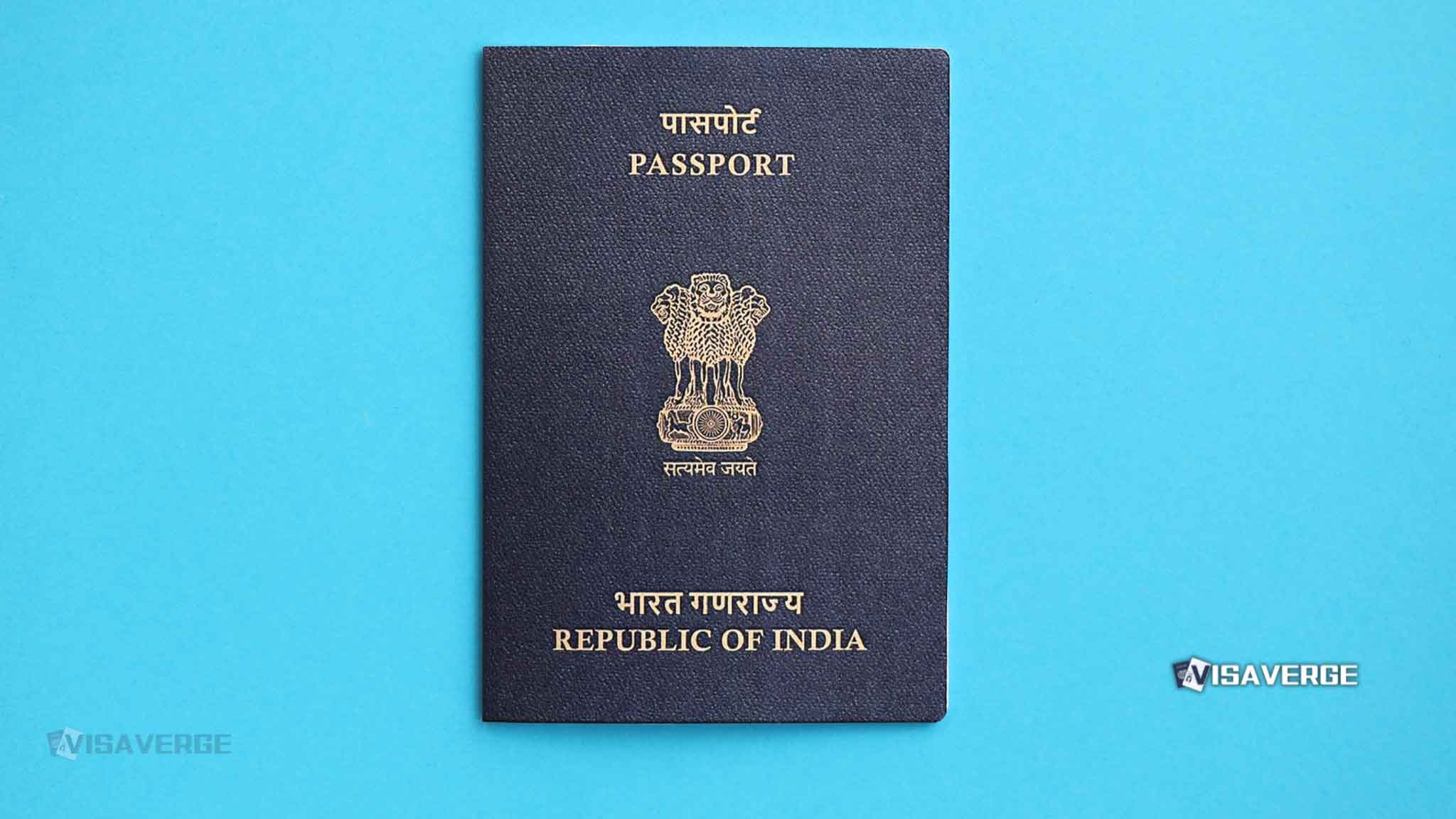(MONTREAL) Thousands of immigrants and supporters marched through downtown streets in Montreal and Quebec City on November 17, 2025, denouncing the Quebec government’s decision to shut down the popular Programme de l’expérience québécoise (PEQ) and replace it with a stricter Skilled Worker Selection Program (PSTQ). The move, which takes effect on November 19, 2025, will end what many saw as Quebec’s main fast-track to permanent residency for international students and temporary foreign workers.
What protesters were demanding

The protests focused on the imminent closure of the PEQ, a program that for years allowed eligible graduates and workers already living in Quebec to obtain permanent residence through a relatively simple and predictable process.
Demonstrators said they had built their lives, careers, and education plans around PEQ rules, only to see the door close days before the change becomes final. They gathered outside the Montreal office of Immigration Minister Jean‑François Roberge, and in front of government buildings in Quebec City, carrying signs calling for “justice for students” and “respect for workers.”
Many in the crowd were recent graduates who had chosen Quebec specifically because of the PEQ pathway. One of them, Nadir Belaid, a graduate from Algeria, said he felt “extremely betrayed” by a government that had encouraged international talent to settle in the province, then changed the rules after they had already invested years of their lives.
“Changing the rules in the middle of the game” — a common refrain from protesters who say they structured career plans, language study, and family decisions around PEQ.
Key grievance: no grandfather clause
At the heart of the anger is the lack of a grandfather clause, which would allow people already in Quebec and working toward PEQ eligibility to continue under the old rules.
Protesters argue that without such protection:
– Students who picked Quebec universities on the basis of PEQ are suddenly at a disadvantage.
– Temporary workers who accepted Quebec job offers expecting a fast-track to permanent residency now face uncertainty.
– The province is breaking the expectations set when people decided to settle and invest in Quebec.
What changes on November 19, 2025
Under the government’s plan:
– No new PEQ applications will be accepted after November 19, 2025.
– The PSTQ will become the province’s sole regular pathway to permanent residence for skilled workers.
PSTQ features:
– Applicants must submit a declaration of interest.
– Candidates enter a selection pool and wait to be invited to apply.
– Invitations will be based on criteria the government says are tougher and more selective than under PEQ.
Government rationale and the new immigration framework
Officials say the shift is part of Quebec’s new 2026–2029 immigration framework, which includes:
– A cap of 45,000 new permanent residents per year starting in 2026.
The government argues:
– PEQ had no hard limit on annual admissions and operated on a continuous intake model, which increased pressure on housing, social services, and the labor market.
– By consolidating skilled worker immigration into the single PSTQ system, ministers can “better control volumes” and align selections with integration and French‑language goals.
According to the Quebec immigration ministry, the PSTQ is meant to give the province more flexibility to pick applicants whose skills match regional labor shortages while staying within annual targets. Officials stress that international students and temporary foreign workers can still seek permanent status, but only through this more managed system that uses invitations based on points and profiles rather than automatic eligibility.
Reactions from affected people and stakeholders
Many protesters say government assurances ring hollow. Their concerns include:
– The PEQ had clear rules and timelines; PSTQ introduces uncertainty and competition.
– International students fear they will now face the same long odds as applicants abroad, rather than benefiting from having already studied and worked in Quebec.
– Some said they might not have chosen Quebec if PEQ had not existed.
VisaVerge.com reports that Quebec’s move stands out within Canada, where other provinces often try to expand or fine‑tune fast-track options for international graduates rather than shut them down. The change places more weight on Quebec’s separate selection powers and its desire to strictly control permanent immigration levels.
Employers’ concerns:
– Sectors such as tech, health care, and hospitality say they rely heavily on former students and temporary workers who came through PEQ.
– Under PSTQ, companies may need to plan further ahead and prepare for longer uncertainty about employee selection for permanent residency.
– Business groups warn this could weaken Quebec’s ability to compete for international talent compared with provinces that still advertise relatively direct paths from study to permanent status.
Legal and practical implications for applicants
Lawyers who work in Quebec immigration report:
– A surge in client inquiries in the days leading up to November 19, 2025.
– Many clients cannot file under the old system because they are still completing required work experience or cannot assemble documents in time.
For affected individuals, the practical choices include:
1. Stay in Quebec and hope the PSTQ works in their favor.
2. Try moving to another Canadian province.
3. Abandon plans for permanent residence in Canada 🇨🇦 altogether.
Calls for transitional measures
While the government has ruled out reopening the PEQ, protesters continue to press for at least a transitional measure. Their central demand:
– Allow anyone already living in Quebec before the announcement, and working or studying toward PEQ requirements, to complete that route under the old rules.
Advocacy groups argue such a grandfather clause would:
– Respect expectations set when people chose Quebec.
– Let the province still move to PSTQ for future arrivals while protecting those already in the system.
Summary and outlook
- The end of the PEQ on November 19, 2025 marks a major shift in Quebec’s immigration landscape.
- The transition to PSTQ is intended to help the province meet a 45,000-per-year cap and better align immigration with labor and integration goals.
- Critics say the abrupt change—without a grandfather clause—creates uncertainty, harms people who chose Quebec under PEQ, and could damage the province’s attractiveness to international students and skilled migrants.
For now, many affected people face difficult decisions, and employers must adjust retention and recruitment strategies as Quebec moves to a more managed, selective immigration model.
This Article in a Nutshell
Quebec will end the PEQ on November 19, 2025, and replace it with the PSTQ, a managed selection system using declarations of interest and invitation-based selection. The change supports a 45,000 annual permanent-resident cap from 2026 and aims to better align arrivals with labor and French-language goals. Protests in Montreal and Quebec City demanded a grandfather clause for those already pursuing PEQ. Critics say the abrupt switch creates uncertainty for students, temporary workers, and employers dependent on PEQ pathways.














Quebec is already overrun.PS changing the Rules is what was done 2020 Fraud Election ipn USA now we have a party Vs USA existence as if there will be something to rule over & control letting or welcom8ngvrewarding 40 plus millions with 1/3 prwgnant sick females eith suvk babies plus 9 months up whom expext US taxpaters to vontinue to make ourselves , our private sector to destroy us within by for of Satan.